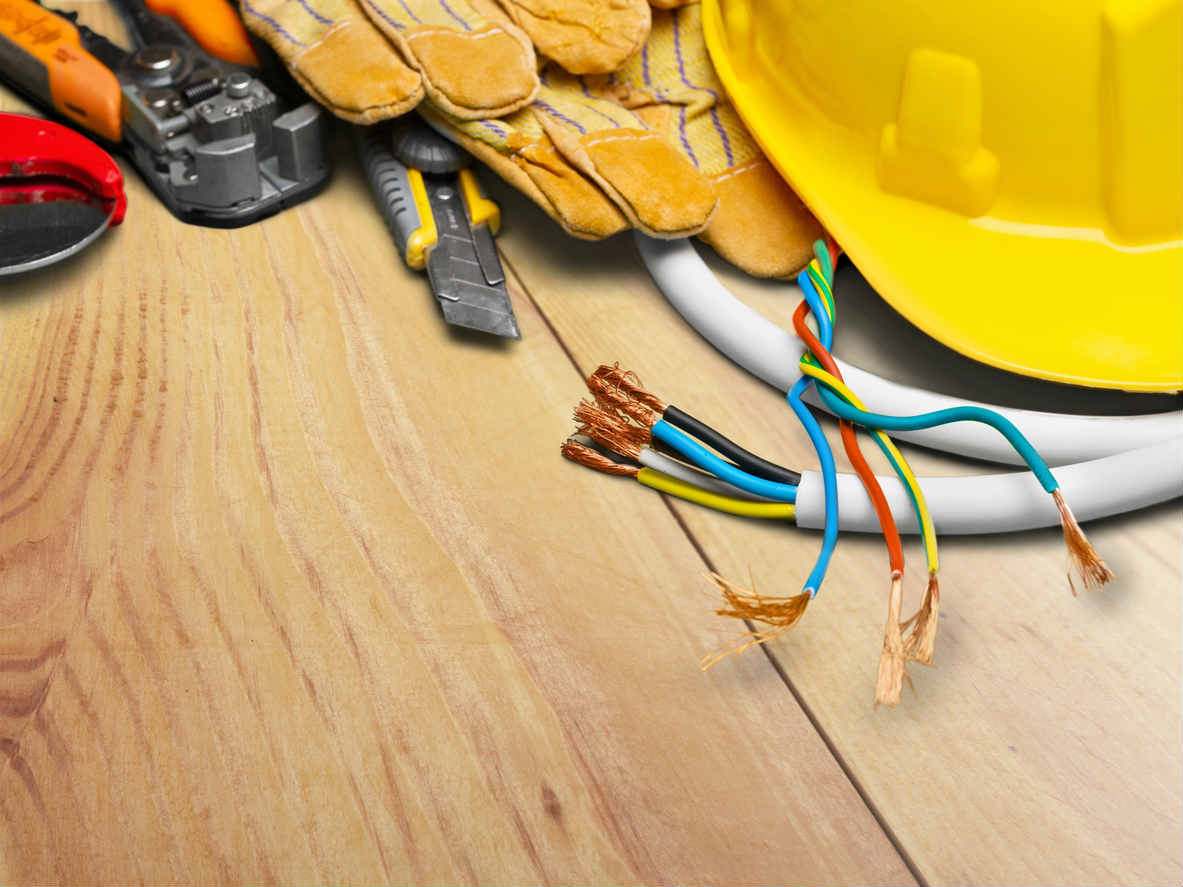According to the U.S. Bureau of Labor Statistics (BLS), each year, more than 140 construction workers die each year as a result of unintended contact with electricity.

A construction worker faces many risks on the job, and one among them is working near energized electrical sources. According to the U.S. Bureau of Labor Statistics (BLS), each year, more than 140 construction workers die each year as a result of unintended contact with electricity. The best way to avoid this risk is to learn about them and take necessary safety precautions. In this post, our St. Louis workers comp lawyer will discuss what electrocution is and how construction workers face a greater risk of suffering electrocution injuries.
What is electrocution?
When electrical current enters a person’s body and exits at another point, the person becomes a part of an electrical circuit. It all happens in a matter of a second, and the resulting shock can stop the worker’s heart instantly. This can also cause fatal burns and other types of severe injuries that can cause a person’s death.
How are construction workers exposed to the dangers of electrocution?
Construction workers always face the risk of electrical injuries, however, they are at greatest risk under the following circumstances:
- Bare wires or damaged wires
- Live power lines overhead
- Defective electrical equipment
- Faulty use of extension cords
Working around live wires and power lines
Many construction workers spend a large part of their work day on ladders, baskets and cranes near live overhead power lines. It is important for workers to respect these lines and avoid coming in contact with them at any cost. Workers must remember that the normal weather covering on overhead power lines do not insulate them properly. If a worker comes in contact with a high voltage overhead powerline, the chances of electrocution are high.
Risk of electrocution is high
Under some circumstances, construction workers are more likely to suffer a severe or even electrical shock on the work site. Snowy or rainy weather is particularly hazardous. If the worker’s skin, clothing, or equipment is wet, electricity can flow much easily and can cause greater harm. When construction workers perspire in hot weather, they are at a heightened risk of electrocution.
Electrocution does not always come from high voltage wiring
You may be surprised to learn that even common household current can cause death. The 120-volt current in the U.S. is enough to kill a worker in wet conditions if the electricity travels through the worker’s heart. This means, construction workers in indoor settings are also in danger. According to the Bureau of Labor Statistics, nearly 10 percent of fatalities in the construction sector are caused by electrocution.
